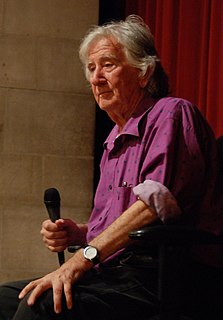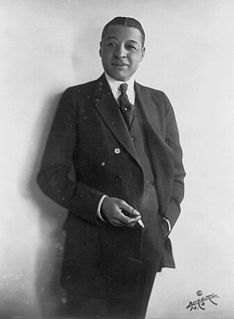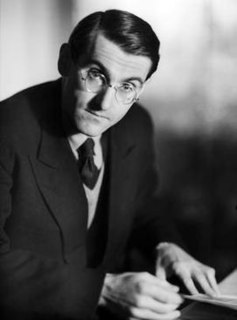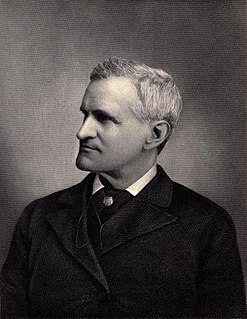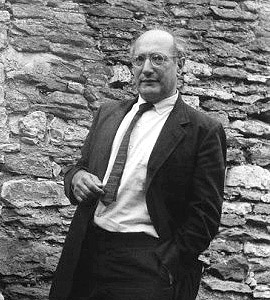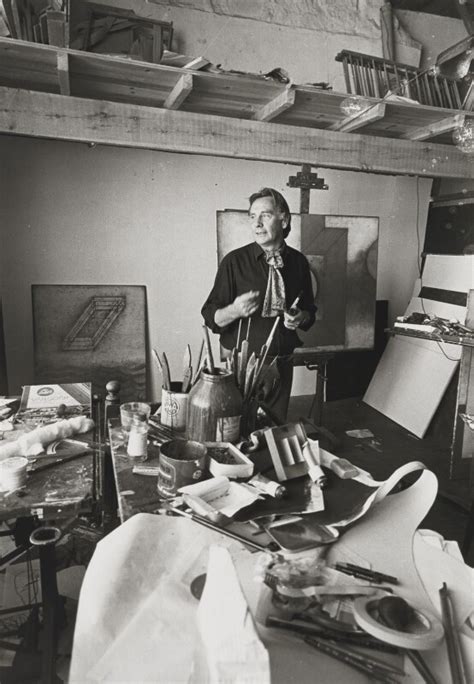A Quote by Bruno Dumont
The more elaborate your narrative, the more the spectator shuts up and listens obediently. And if the filmmaker keeps quiet, the spectator will himself project his own assumptions and sentiments onto the screen.
Related Quotes
However intense my experience, I am conscious of the presence and criticism of a part of me, which, as it were, is not a part of me, but a spectator, sharing no experience, but taking note of it, and that is no more I than it is you. When the lay, it may be the tragedy, of life is over, the spectator goes his way. It was a kind of fiction, a work of the imagination only, so far as he was concerned.
A champion plays the game; a spectator observes, criticizes and never really gets to live. A champion knows what he or she wants and goes after it with carefully calculated goals and no-holds-barred action. A spectator feels that his or her life is not their own. They let others dictate their destiny. They become victims of life instead of masters of it.
I will begin with what in my opinion is your lack of restraint. You are like a spectator in a theatre who expresses his enthusiasm so unrestrainedly that he prevents himself and others from hearing. That lack of restraint is particularly noticeable in the descriptions of nature with which you interrupt dialogues; when one reads them, these descriptions, one wishes they were more compact, shorter, say two or three lines.
If someone's lying to us, then it's rare that we know that they're lying to us. It's only in bad films that you recognize immediately that an actor's playing in such a way that you can see that he's lying, and that's simply dumb. But to reach that, it requires that you make a film in such a way that a spectator feels compelled to find his own explanation. You want to lead the spectator to find his own interpretation. To ask questions rather than provide all of the answers. Doing that leads to open endings and open dramaturgy.
My wife was an opera singer, you know. She bellowed her way through Wagner as a Valkyrie. I married her and made her give up the theatre, to my eternal cost. She was to go on acting for myself alone. A performance at his own expense, lasting for more than twenty years, tends to wear out your spectator.
Faithfulness to the truth of history involves far more than a research, however patient and scrupulous, into special facts. Such facts may be detailed with the most minute exactness, and yet the narrative, taken as a whole, may be unmeaning or untrue. The narrator must seek to imbue himself with the life and spirit of the time. He must study events in their bearings near and remote; in the character, habits, and manners of those who took part in them. He must himself be, as it were, a sharer or a spectator of the action he describes.
Cinema builds memories; great films continue to exist in the spectator's mind. We are naturally capable of and prone to nostalgia. A spectator will reconstruct a film he or she has seen, years later, and may even change their original opinion. One critic, for example, once gave the finger to one of my films; later he wrote me to apologize.
When a spectator approaches a painting with his own particular set of filters or theories, be they historical, political, intellectual or whatever - he either finds what he is looking for or dismisses the work as irrelevant. He has deprived himself of the possibility of any fresh experience or revelation by looking only for confirmation of that which he already 'knows.


